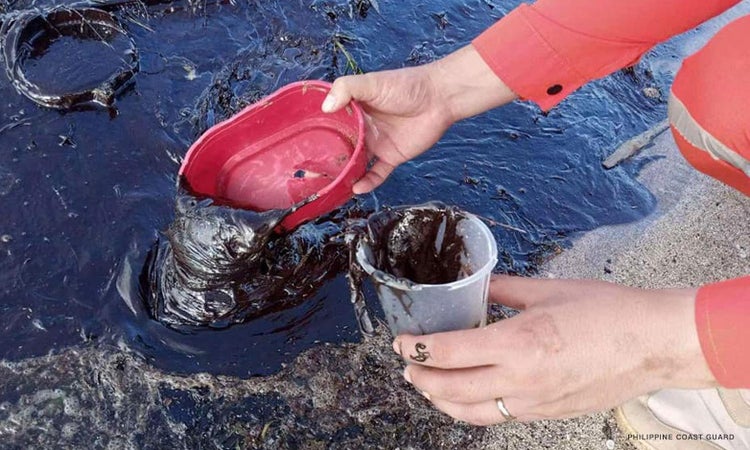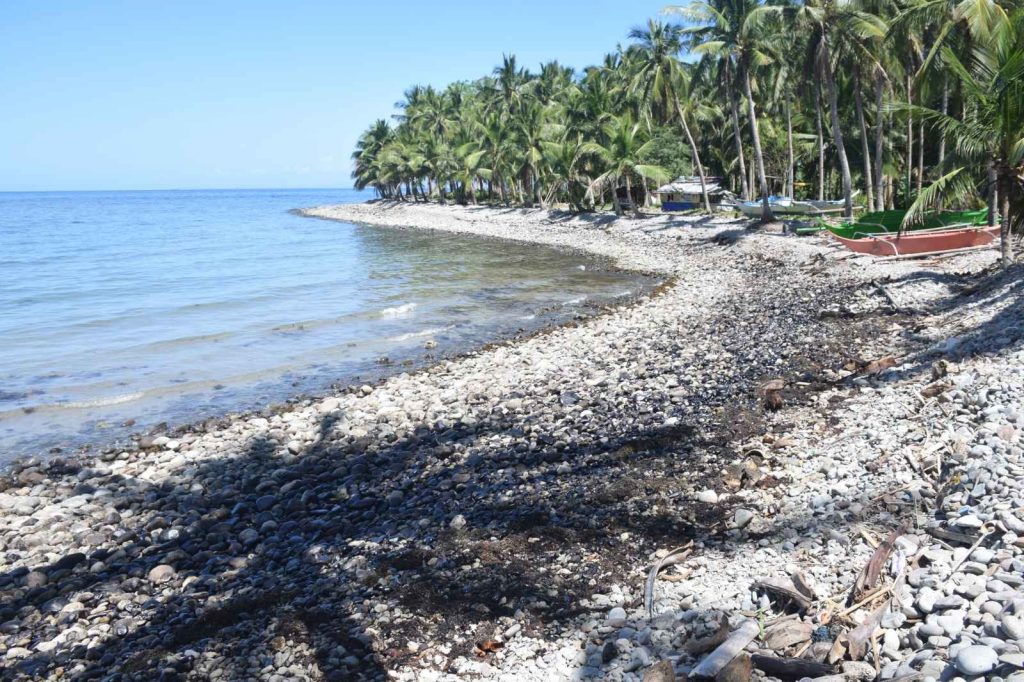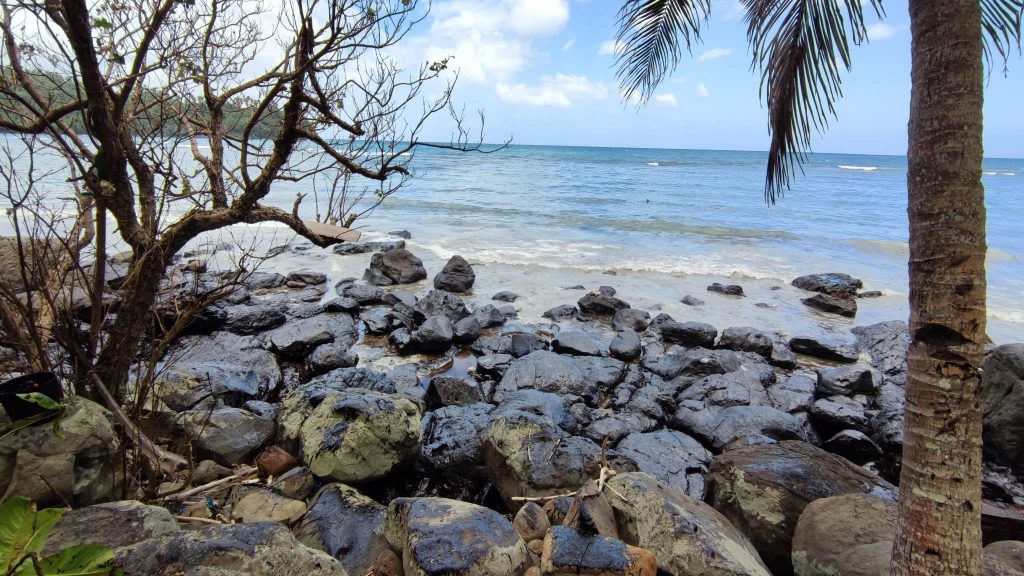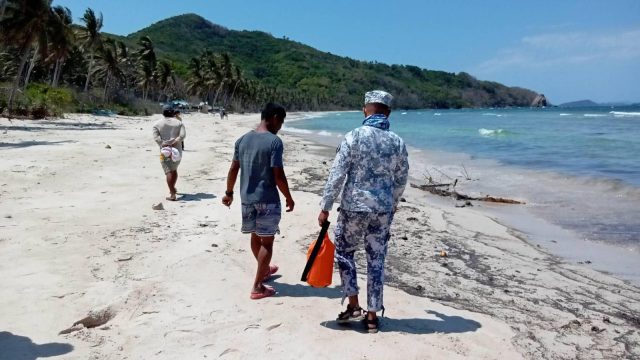The sinking of M/T Princess Empress off the coast of Naujan, Oriental Mindoro on February 28, 2023 has raised concerns about the impact of oil spills on the local marine ecosystem and the people living in the area. Oil spills have long been recognized as a significant environmental problem, and their effects can be devastating.
When oil spills occur, they can have severe consequences for marine life. Oil is toxic to many marine species, and when it enters the water, it can coat the feathers and fur of birds and mammals, making it difficult for them to regulate their body temperature. It can also damage the gills of fish, making it difficult for them to breathe, and it can harm the plankton and other small organisms that form the base of the marine food chain.

The local fishermen who rely on the sea for their livelihoods are among the most severely affected by oil spills. Fishing grounds can be closed for weeks or even months after an oil spill, which means that fishermen are unable to catch fish and earn a living. Even after the fishing grounds reopen, the fish may be contaminated with oil, making them unsafe to eat.
In addition to the impact on marine life, oil spills can also have serious consequences for the health and well being of the people living in the area. The fumes from the oil can cause respiratory problems, and the chemicals in the oil can be absorbed through the skin, causing skin irritation and other health problems. People who live near oil spills may also experience mental health problems, such as anxiety and depression, as they worry about the impact of the spill on their community and the environment.

The cleanup process for oil spills can also have unintended consequences. The chemicals used to disperse the oil can be toxic to marine life, and the process of removing the oil from the water can cause further disturbance to the ecosystem. The cleanup process can also be expensive, and the costs are often borne by taxpayers or the companies responsible for the spill, which can have a significant economic impact on the community.
This catastrophic event is a stark reminder of the devastating impact of oil spills on the environment and the people who depend on it. The local government and other organizations must take immediate action to mitigate the impact of the spill and prevent similar incidents from happening in the future. This may include stricter regulations on the shipping industry, more robust emergency response plans, and increased investment in alternative energy sources to reduce our reliance on fossil fuels.

In conclusion, the sinking of M/T Princess Empress has highlighted the urgent need to address the impact of oil spills on the marine environment and the people who depend on it. It is time for all of us to take responsibility for our actions and work towards a sustainable future that protects our planet and all its inhabitants.


